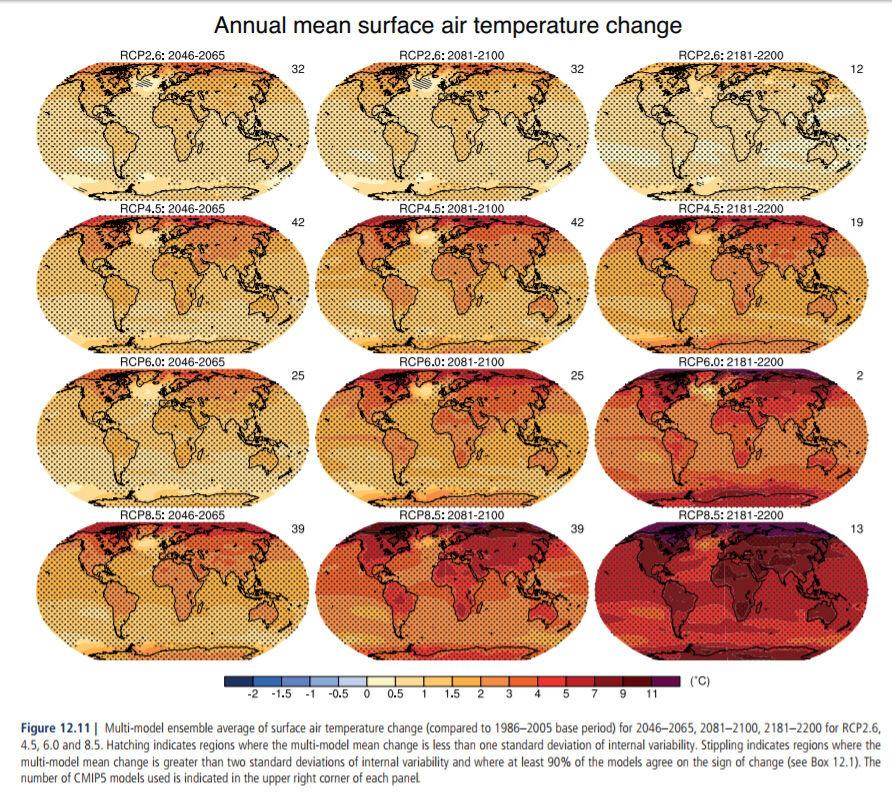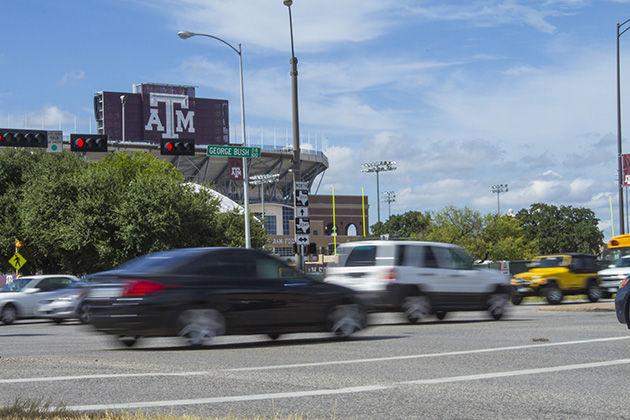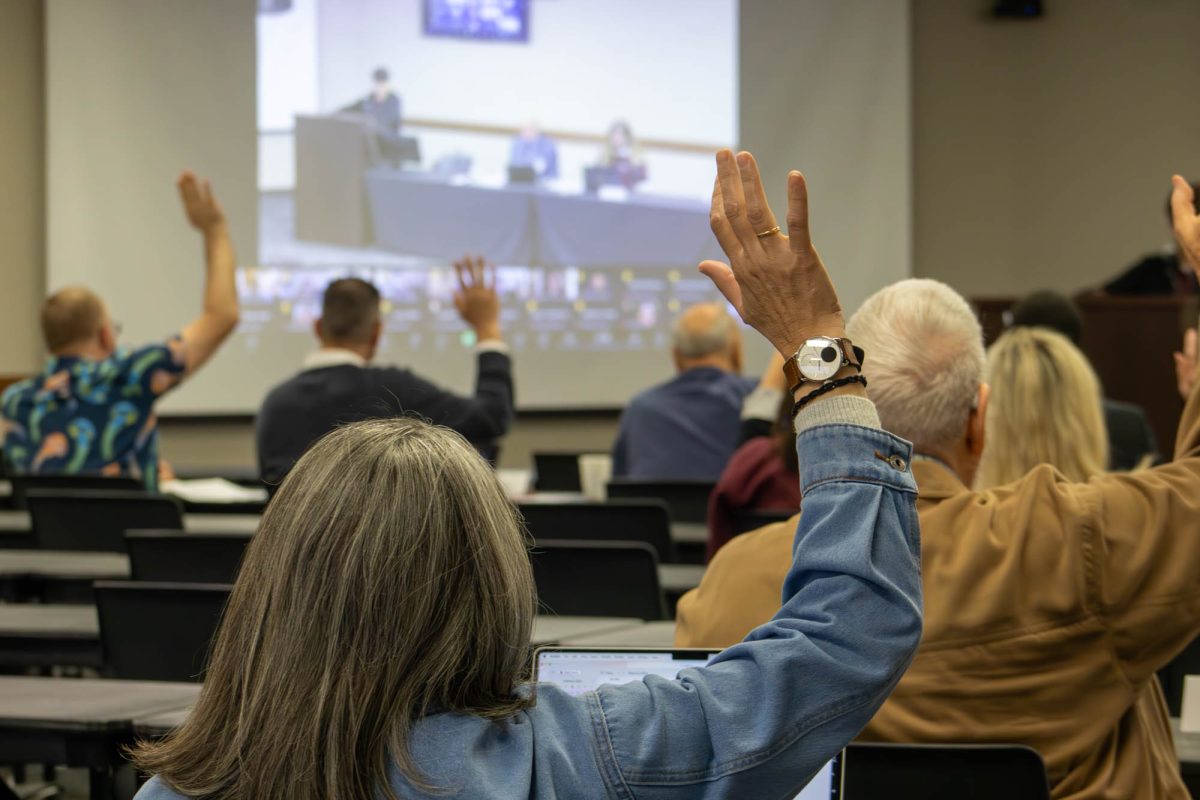The Intergovernmental Panel on Climate Change (IPCC), the leading world body for assessing science in relation to climate change, released their most recent special report, SR15, on Oct. 7.
The report found that limiting global warming trends to 1.5 degrees Celsius would require “rapid and far-reaching” changes by all aspects of society, including energy, industry, and transportation.
The IPCC was tasked to research and understand what it would take for the world to reach the goals set by the Paris Climate Agreement. However, the report states with high confidence that global warming will likely reach 1.5-degree Celsius mark between 2030 and 2052. In order to maintain 1.5 degrees Celsius the report says global human caused emission of carbon dioxide must decrease by 45 percent from 2010 to 2030, reaching a net zero of CO2 emissions by 2050.
The northern hemisphere is mostly land-based, compared to the southern hemisphere of the globe. In terms of a global average temperature, the northern hemisphere will be warmer since the warmest areas will be more over land than ocean, according to Andrew Dessler, professor of atmospheric sciences. Therefore, the areas where people live are going to be the predominantly warmer areas.
“Everyone wants to know how is this going to affect me,” Dessler said. “That’s hard to do because there’s a lot of random variability in the climate system that’s kind of hard to project. The things we can say with certain confidence is it’s going to get hotter — it’s going to get a lot hotter.”
Climate adaption at the current rate of change may not be as possible as some believe. Money, time and change will all have to be given in order to adapt to climate change as a species, likely leaving behind those who are unable to afford such adaptations, according to Dessler.
“Well, we can adapt, but you have to realize we are presently built for our current climate, so we farm in places where farming makes sense because you have the right temperatures and the right amount of rainfall,” Dessler said. “You build cities and ports right on the coast because that’s where the sea is. As all of these things change, we won’t be adapted to our climate as well, so that means we’re going to have to spend money to adapt. That’s going to make us poorer.”
Rising sea levels can also make adaptation challenging. According to the report, a 2-degree Celsius increase in temperature would cause 10 more centimeters of sea level rise by 2100 than if there was only a 1.5-degree Celsius rise.
Shari Yvon-Lewis, professor and department head of oceanography, said reducing CO2 emissions is essential to keep warming from reaching 2 degrees Celsius.
“In addition to warming, the emission of CO2 is detrimental to the ocean through acidification,” Yvon-Lewis said. “Acidification in conjunction with the warming is an extreme threat to certain ecosystems in the ocean, primarily coral reefs, but also the fish that live and thrive within those coral reefs that contribute to our commercial fisheries.”
John Nielsen-Gammon, regents professor of atmospheric sciences and Texas’ state climatologist, said when the press covers reports in regards to climate change, it is often a statement of black and white. In contrast, this report is the IPCC laying out policy options for the future. He said unless carbon capture technology advances soon, there isn’t a great chance of maintaining the 1.5-degree mark.
“Things really have to turn around fairly quickly, unless we get super lucky with technology for carbon capture and that sort of thing, which you don’t really want to count on getting super lucky when the whole point is to avoid risk,” Nielsen-Gammon said.
Dessler said one of the things people can do to help is vote. Dessler said the first globe prediction image is if emissions are cut, the one at the end of the chart is if nothing is done to combat climate change.
“Don’t think voting doesn’t matter to you,” Dessler said. “This is the plot out of the book. I mean, this is what you’re voting on.
Dessler said this is a major issue for college students right now, as it will affect people of that age group during their lifetime. He said climate change is a collective action problem, which means everyone has to change something to help solve the issue.
“The way medical science is advancing, a lot of you guys will be alive,” Dessler said. “So the question is do you want that future or do you want [the other] future? [In] all these futures, rich people will do fine, but it’s the people who are poor that are going to get hammered, and you know most people are not going to be rich.”
People typically have something called a high discount rate when it comes to thinking about the greater effects of climate change, meaning they are less likely to address far off issues because they believe they can be handled when the time comes, according to Dessler.
“There will come a time when I think people are going to be justly furious at us because we know what we’re doing but we’re just not doing anything about it,” Dessler said.
Exploring the IPCC report with A&M experts
October 29, 2018
0
Donate to The Battalion
$2790
$5000
Contributed
Our Goal
Your donation will support the student journalists of Texas A&M University - College Station. Your contribution will allow us to purchase equipment and cover our annual website hosting costs, in addition to paying freelance staffers for their work, travel costs for coverage and more!
More to Discover









